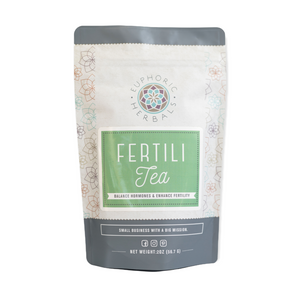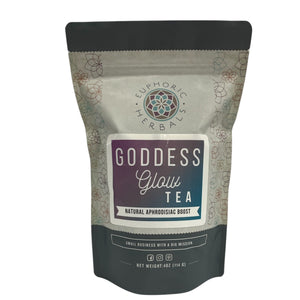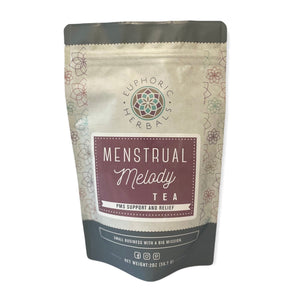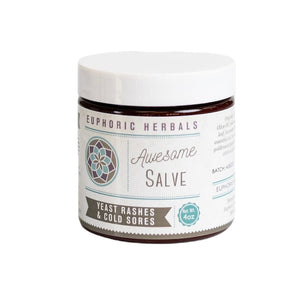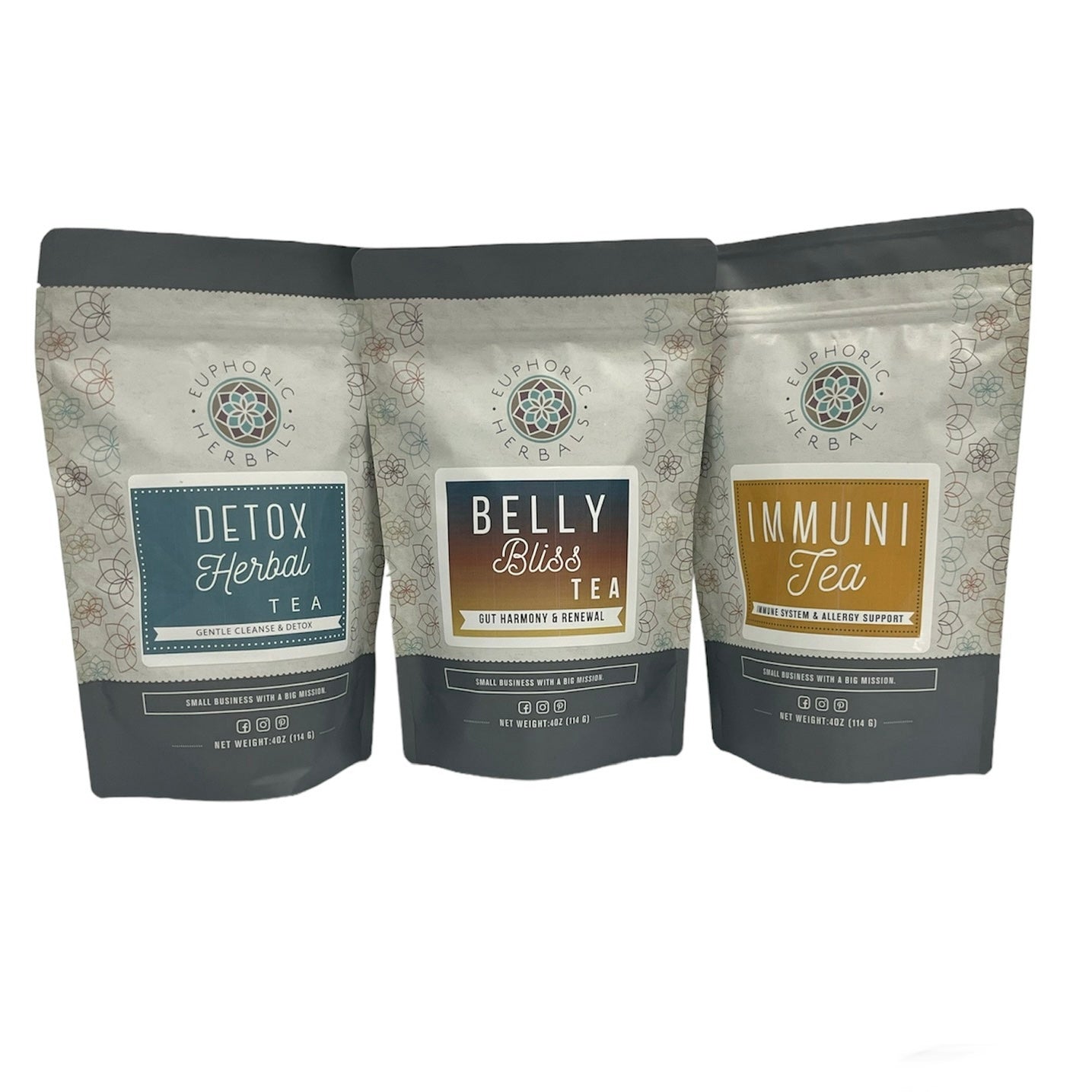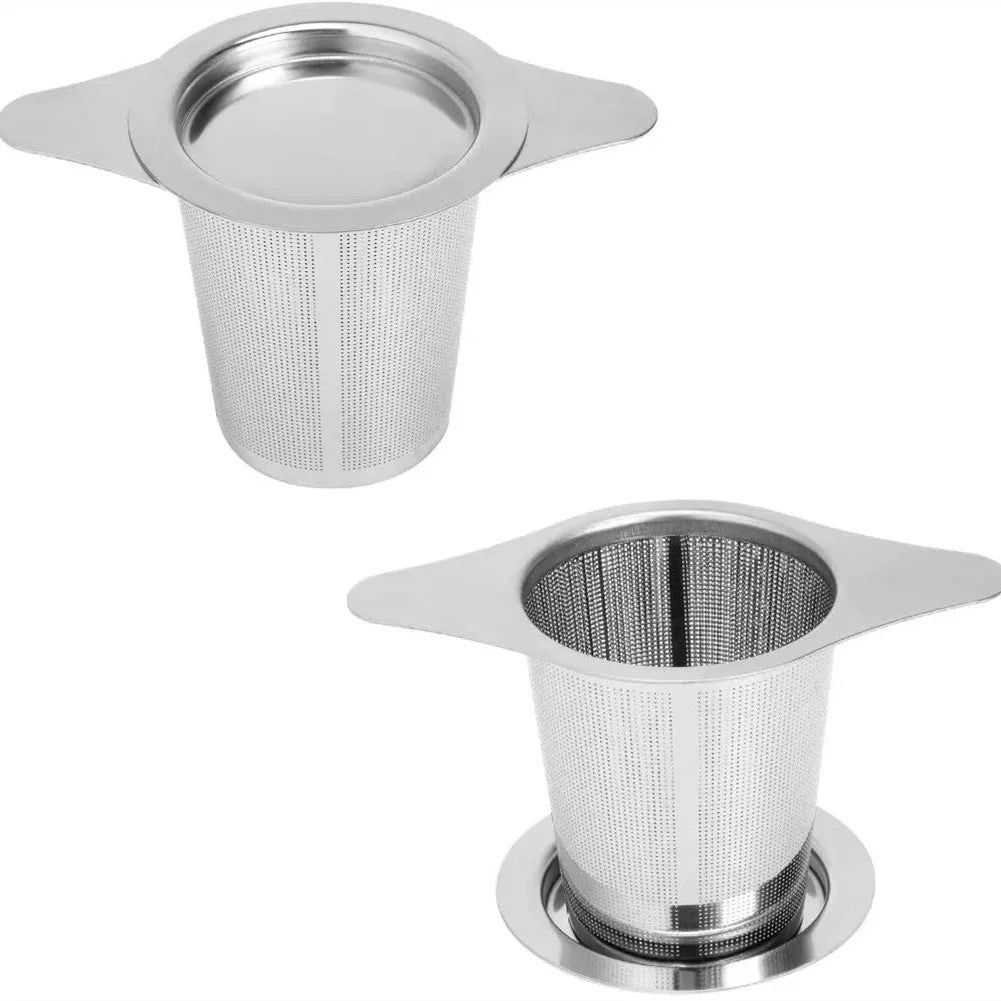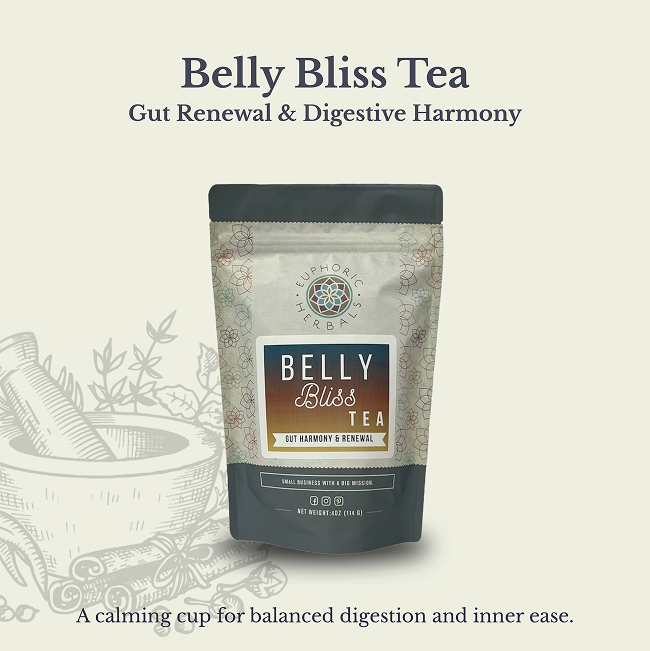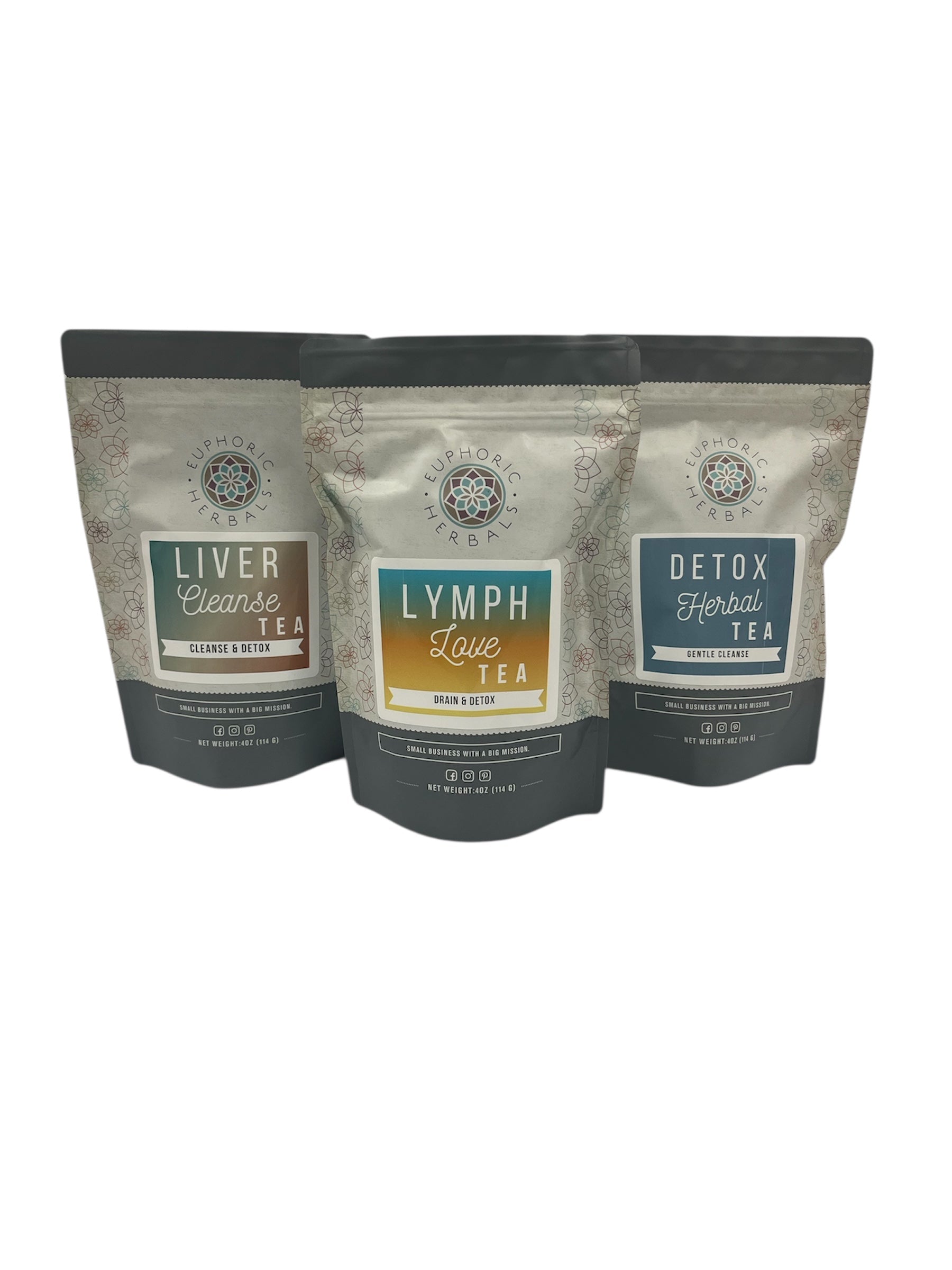Most new moms spend countless hours worrying about whether or not their baby is getting enough to eat. However, there is another issue of which most moms are not aware: overfeeding. In fact, overfeeding a baby is a fairly significant problem.
This may arise because moms assume that only a baby with tremendous rolls of fat is actually overfed. Alternatively, you may hear some people say that's just not possible to overfeed a baby.
Neither of these assumptions is true. Your baby doesn't have to appear overweight to be consuming too many calories. That is especially true if overfeeding is causing a baby to spit up a lot. In this case, the baby may actually be losing weight because he's spitting up so much.
Let's take a closer look at the signs of overfeeding, how it happens and how to respond.
What Does It Mean to Overfeed a Baby?
You know that feeling you get when you've eaten a really big meal? That too-tight, overly full feeling is really uncomfortable.
The good news for adults is that they can avoid this feeling by eating sensible foods and being mindful of how full they are getting as they eat.
Babies don't have such fully developed sensations, and they can't tell mom that they are too full to eat any more, at least not with words.
Basically, overfeeding baby happens when your baby receives more nutrients than his intestinal tract can handle.
Overfeeding may occur when baby receives too much volume at a single feeding, or it may be the result of too many small volume feedings. While overfeeding is more frequently associated with babies who are bottle fed, it also can occur in babies who are breastfed.
Overfeeding may happen because baby hasn't quite developed his ability to decide how much he wants to or should eat. It similarly is possible that baby may feel pressured to continue to eat even after he feels full and satisfied.
The Five Signs of Overfeeding Baby

Watch for these five signs that may indicate that your baby is overfeeding.
1. Frequent Bloating and Gas
When babies drink from bottles, they have increased opportunities to gulp in air. All of this excess air causes baby's stomach to bloat, which is obviously uncomfortable.
Accordingly, if your baby seems to burp or pass gas really frequently, this may be a sign that it's time to reevaluate how much you are feeding him. Overfeeding can lead to lactose overload, which results from baby taking in an overdose of lactose and not having sufficient enzymes in their tummy to break it down.
2. Problems with Sleep and Weight Gain
Babies who have poor sleep habits and wake up frequently may be eating too much. While it is important for babies to gain weight steadily through growth, a baby that ingests more calories than they can burn will gain weight much faster.
If you notice that your baby is gaining weight rapidly and shows some of the other symptoms of overfeeding, then it's definitely time to consider feeding her less.
3. Problems with Frequent Spitting
Babies who keep turning away from the bottle during feeding and then spit up afterward may be showing signs of being overfed.
4. Fussiness and Colic
When a baby has too much milk in his stomach, he's likely to show signs of fussiness and colic. This is a direct result of having an overly full tummy. Reflux from overfeeding also causes him to feel sick, which only increases the fussiness.
5. Loose Stools and Too-Frequent Diaper Changes
Excretion habits in babies can be especially unpredictable. You'll know that your baby is eating enough when she produces about four or five soaked diapers every day when she is more than six weeks old. On the other hand, if you need to change your baby something more like eight times per day, this may be a symptom of overfeeding.
Similarly, you may be seeing a lot of loose stools in those wet diapers.
Why Do Babies Overfeed?

These are some of the most common reasons for overfeeding:
- Misunderstanding hunger cues
- A super-active sucking reflex
- Overestimating milk requirements
- Feeding too rapidly
- Ignoring cues signaling satiety
- Feeding with high-energy milk
It's easy to assume that baby is hungry every time she cries or wakes up in the middle of the night, but this isn't always the case. She very well may be hungry, but she also may be uncomfortable, bored or upset as well. As time goes by, you will learn more of your baby's hunger cues, and this will help you to avoid feeding her when she's not hungry.
Additionally, newborns have a strong sucking reflex. It's triggered by numerous things like mom's nipple, a pacifier, the nipple on a bottle or the baby's own hand. When this sucking reflex is especially active, the baby has little control over the flow of milk. This makes it hard to stop when he's had enough, and this causes him to overeat.
Parents also may overestimate how much milk baby needs. Each baby's needs are unique, so while healthcare professionals may make recommendations, it's a good idea to keep in mind that these are averages. Your baby may require less milk to feel full and thrive.
Time is required for your brain and your stomach to communicate, which is what causes adults to overeat when they eat too quickly. The same thing may happen to baby, especially if she is being bottle fed. Choose a nipple with a smaller hole size to slow down the feeding rate.
Just as it's necessary for mom to learn baby's hunger cues, it's important to notice the cues for satiety. When baby has had enough to eat, he may demonstrate this by ceasing to suck or pushing the nipple away using his tongue. Babies also may clamp their lips together, arch their backs and turn away their heads. Pay attention when baby starts showing these behaviors so that you don't risk overfeeding.
Pediatricians sometimes recommend that babies consume a high-energy milk that contains a higher concentration of calories in a smaller amount of formula. These extra calories are meant to give a boost to babies who are sick or weak. Accordingly, they can take in the correct amount of calories without taking in as much volume. Using a high-energy formula with a healthy newborn is a really easy way to overfeed.
Preventing Overfeeding
You can help your baby to self-regulate her intake of milk. Just use some of these tips:
- Switch to a nipple with a smaller hole to slow down feedings
- Meet your baby's need to suck with a pacifier or your finger rather than a feeding
- Refrain from assuming that baby is hungry every time he cries or fusses
- Ensure that baby gets enough sleep
- Pay closer attention to cues for both hunger and satiety
Get the Support You Need
Being a new mom is incredibly rewarding, but it can be exceptionally challenging as well. By taking excellent care of yourself, you give yourself the power to be the best mom you can be.
Look to Euphoric Herbals to support you during your breastfeeding journey. Our organic, healthy products are designed to help stimulate your milk production and ensure great nutrition for you and baby. Let us help you as you embark on this new chapter in your life.






















































